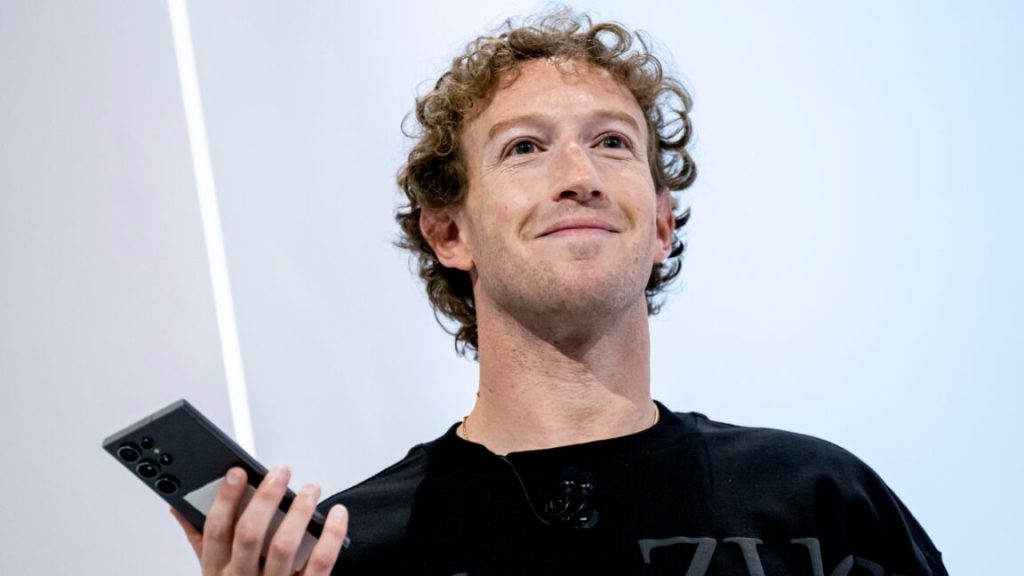“While TBD Labs is still relatively new, we believe it has the greatest compute-per-researcher in the industry, and that will only increase,” Meta said.
Wang and other former Scale staffers have struggled with some of the idiosyncratic ways of working at Meta, according to someone familiar with his thinking, for example having to adjust to not having revenue goals as they once did as a startup.
Despite teething problems, some have celebrated the leadership shift, including the appointment of popular entrepreneur and venture capitalist Friedman as head of Products and Applied Research, the team tasked with integrating the models into Meta’s own apps.
The hiring of Zhao, a top technical expert, has also been regarded as a coup by some at Meta and in the industry, who feel he has the decisiveness to propel the company’s AI development.
The shake-up has partially sidelined other Meta leaders. Yann LeCun, Meta’s chief AI scientist, has remained in the role but is now reporting into Wang.
Ahmad Al-Dahle, who led Meta’s Llama and generative AI efforts earlier in the year, has not been named as head of any teams. Cox remains chief product officer, but Wang reports directly into Zuckerberg—cutting Cox out of overseeing generative AI, an area that was previously under his purview.
Meta said that Cox “remains heavily involved” in its broader AI efforts, including overseeing its recommendation systems.
Going forward, Meta is weighing potential cuts to the AI team, one person said. In a memo shared with managers last week, seen by the Financial Times, Meta said that it was “temporarily pausing hiring across all [Meta Superintelligence Labs] teams, with the exception of business critical roles.”
Wang’s staff would evaluate requested hires on a case-by-case basis, but the freeze “will allow leadership to thoughtfully plan our 2026 headcount growth as we work through our strategy,” the memo said.
© 2025 The Financial Times Ltd. All rights reserved. Not to be redistributed, copied, or modified in any way.

